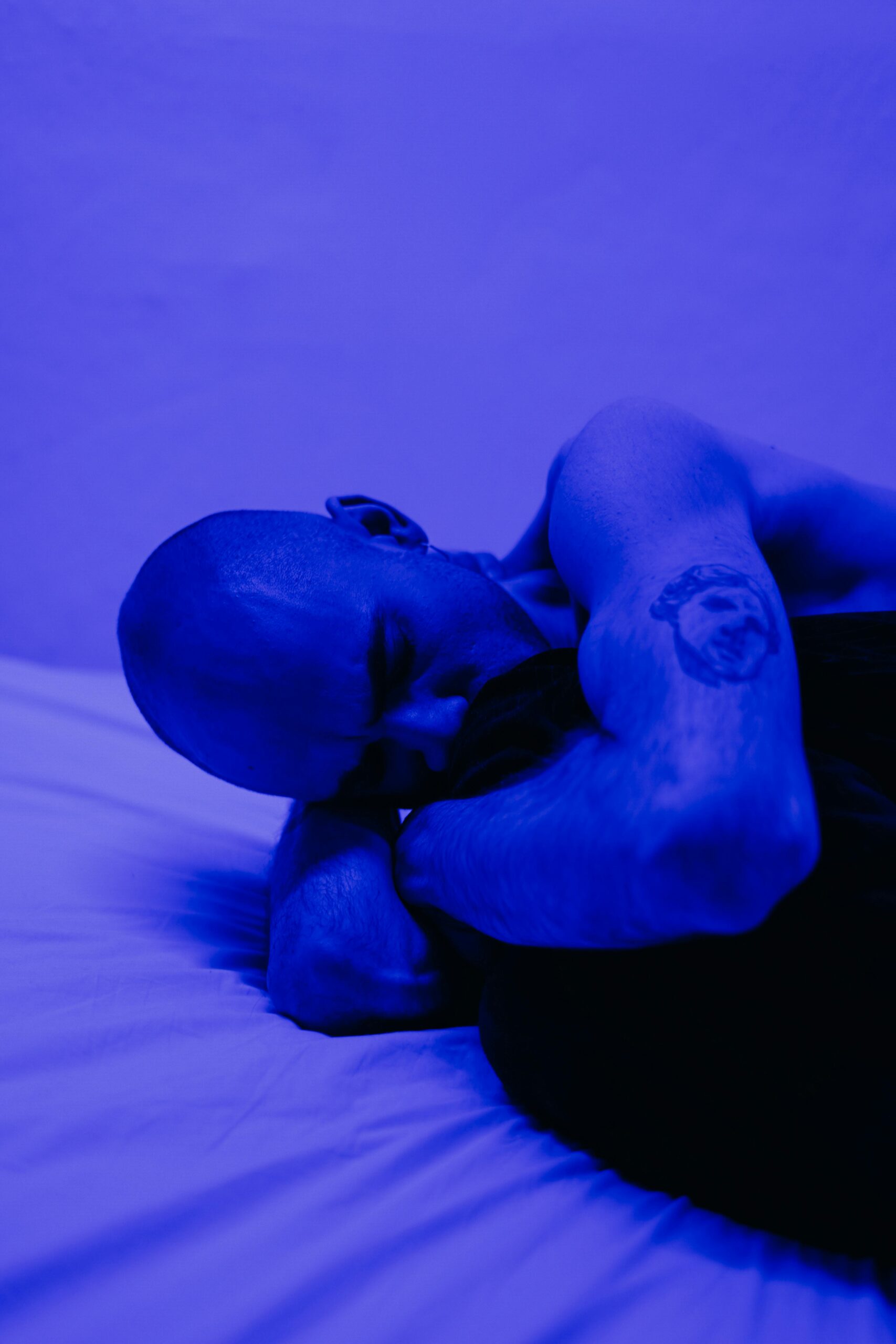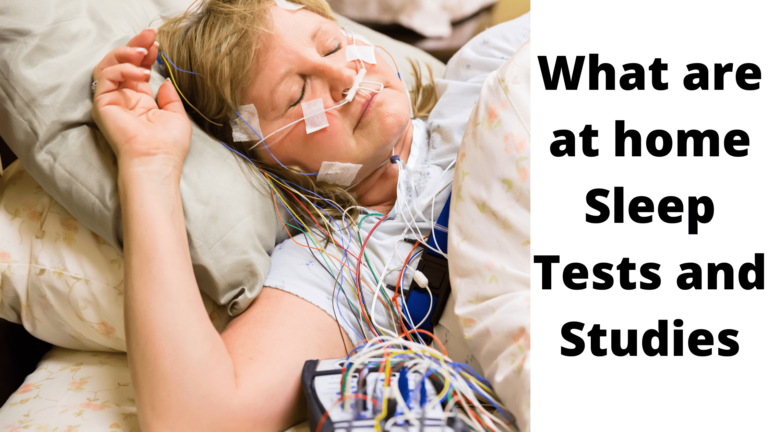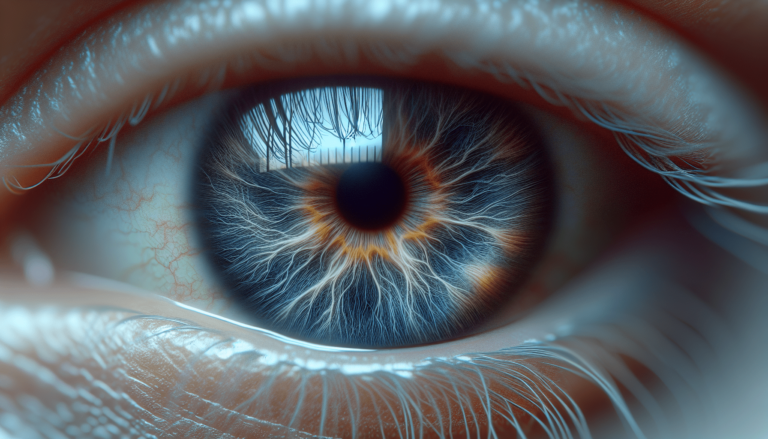Does Insomnia Ever Go Away?

Insomnia can feel like a relentless nocturnal battle, but the good news is that there are pathways to overcoming it. While it’s tricky to say that insomnia goes away completely for everyone, many find that with the right treatment and lifestyle adjustments, their sleep can improve significantly. At Vector Sleep Diagnostic Center, we understand the complexities of insomnia and offer specialized evaluations and treatments tailored to your unique needs. Under the expert guidance of Dr. Dmitriy Kolesnik, our team is dedicated to helping you regain restful nights and enhance your overall well-being. Whether through innovative therapies or comprehensive sleep studies, our mission is to diagnose and manage your sleep issues effectively, allowing you to reclaim your nights and your life. Have you ever found yourself staring at the ceiling in the middle of the night, yearning for the comfort of a good night’s sleep? If so, you’re not alone. Insomnia, a common sleep disorder characterized by difficulty falling asleep or staying asleep, affects millions of people around the world. But the question remains: does insomnia ever go away?
Understanding Insomnia
What is Insomnia?
insomnia is not just an occasional restless night; it’s a persistent condition that can have significant impacts on your daily life. There are two types of insomnia: acute and chronic. Acute insomnia is often short-term and can be triggered by stress, travel, or major life changes. On the other hand, chronic insomnia involves long-term sleep disruptions, occurring at least three times a week for three months or more.
Causes of Insomnia
There isn’t a one-size-fits-all cause for insomnia. It can result from a variety of factors:
- Stress and Anxiety: Worries about work, school, health, or family can keep your mind active at night, making it difficult to sleep.
- Medications: Certain medications, such as antidepressants, blood pressure medications, or allergy ones, can interfere with sleep patterns.
- Caffeine and Nicotine: These stimulants can disrupt sleep, especially if consumed late in the day.
- Medical Conditions: Conditions such as chronic pain, asthma, and overactive thyroid can lead to insomnia.
- Poor Sleep Habits: Irregular sleep schedules, naps and stimulating activities before bedtime can maintain sleep problems.
Does Insomnia Ever Go Away?
Can Insomnia Resolve Without Treatment?
Sometimes, acute insomnia can resolve on its own, especially when it is linked to temporary changes like stress. As the situation improves, your sleep patterns may return to normal. For instance, once you adjust to a new job or recover from a stressful event, your ability to sleep might naturally improve.
Chronic Insomnia: A Persistent Challenge
Chronic insomnia is more challenging to overcome without proper treatment. Here’s why:
- Underlying Issues: Often, there might be underlying medical or psychological issues perpetuating the problem.
- Conditioned Arousal: Over time, people with chronic insomnia often develop a conditioned response whereby the bed itself becomes a trigger that prevents sleep.
- Sleep Anxiety: The more you worry about not sleeping, the harder it becomes to fall asleep.
Addressing Insomnia Head-On
Lifestyle Changes
Making adjustments to your lifestyle can significantly impact your sleep patterns.
- Sleep Hygiene: Establish a regular sleep schedule. Your bedroom should be a peaceful sanctuary, free from electronic devices and clutter.
- Diet: Avoid caffeine and heavy meals before bedtime. Instead, opt for a light snack if you’re hungry.
- Exercise: Incorporate regular physical activity into your routine. Exercise can help you fall asleep faster and enjoy deeper sleep.
Behavioral Therapies
Behavioral therapies are among the most effective treatments for chronic insomnia.
- Cognitive Behavioral Therapy for Insomnia (CBT-I): This type of therapy helps you identify and change thoughts and behaviors that negatively affect your sleep.
- Relaxation Techniques: Methods like mindfulness meditation, deep breathing exercises, and progressive muscle relaxation can reduce stress and anxiety, making it easier to fall asleep.
Medications
Medications can sometimes be used to manage insomnia. They are generally considered a short-term solution due to concerns about dependency and side effects. Common medications include:
- Prescription Sleep Aids: These are specifically designed to help you fall and stay asleep.
- Over-the-counter (OTC) Sleep Medications: These are typically antihistamines and may be less effective over time.
- Herbal Remedies: Some people find relief with natural treatments like melatonin or valerian root, though it’s essential to discuss these with a healthcare provider.
Medical Treatments
If your insomnia is linked to an underlying medical condition, treating that condition can often improve your sleep. Conditions like sleep apnea, restless legs syndrome, or chronic pain need targeted treatments.
Vector Sleep Diagnostic Center: Your Partner in Sleep Health
At the Vector Sleep Diagnostic Center, we are dedicated to helping you reclaim your nights and, in turn, your life. Here’s why we’re uniquely qualified to assist you in your journey toward better sleep.
About Vector Sleep Diagnostic Center
Led by a Veteran Sleep Medicine Specialist
Our center is headed by Dr. Dmitriy Kolesnik, a distinguished Sleep Medicine specialist with over two decades of experience. Dr. Kolesnik is board-certified by the American Board of Sleep Medicine, Psychiatry, and Neurology. His medical career began at St. Petersburg Medical School in Russia, and he further honed his skills upon moving to New York in the 1990s.
Academic and Clinical Excellence
Since 2004, Dr. Kolesnik has been serving as a Clinical Instructor in Neurology at the Weill Medical College of Cornell University. His commitment to academic excellence ensures that our patients receive care that is informed by the latest research and treatment methods.
Comprehensive Care and Advanced Technology
In 2009, Dr. Kolesnik became the Medical Director at the Vector Sleep Diagnostic Center. Under his guidance, the center has grown to utilize cutting-edge technologies and evidence-based practices. Our dedicated staff work tirelessly to offer personalized and compassionate care, delivering tailored solutions for various sleep disorders.
Our Mission and Vision
At Vector Sleep Diagnostic Center, we strive to be the ultimate resource for sleep health. Our mission is built on principles of ethical patient care and clinical innovation. We are committed to providing unmatched support and diagnostic excellence for anyone suffering from sleep disorders.
What We Offer
If you’re struggling with insomnia, Vector Sleep Diagnostic Center offers a host of services to help you find relief.
Insomnia Solutions
Insomnia is one of our specialties, and our approach is designed to get to the root of your sleep issues. Whether through lifestyle adjustments, behavioral therapies, or specialized evaluations, we offer various solutions tailored to your needs.
Specialized Evaluations
Our specialized evaluations are comprehensive, aiming to understand your unique sleep challenges. This may include sleep studies, questionnaires, and other diagnostic tools to develop the most effective treatment plan for you.
Continuous Care
Sleep health is not a one-time fix; it’s a lifelong journey. Our follow-up and continuous care program ensures that your treatment evolves with your needs, providing sustained support and adjustments as required.
Extensive Sleep Studies
For those needing in-depth analysis, we offer an array of sleep studies to diagnose and manage sleep disorders effectively. This includes:
- Overnight Polysomnography
- Home Sleep Apnea Tests
- Multiple Sleep Latency Tests
- Maintenance of Wakefulness Tests
- Specialized Pediatric Sleep Studies
Educational Resources
Knowledge is power. At Vector Sleep Diagnostic Center, our educational program offers various resources such as:
- Interactive Workshops
- Educational Brochures
- Online Modules
- One-on-One Counseling
These resources empower you to take charge of your sleep health, providing you with the tools and knowledge to manage your condition effectively.
Contact Us
To experience the exceptional care offered at Vector Sleep Diagnostic Center, contact us to schedule your initial consultation.
- Address: 26, 62-60 99th St, Rego Park, NY 11374
- Phone: (718)830-2800
- Email: vectorsleep@gmail.com
Conclusion
So, does insomnia ever go away? The answer is multifaceted. Acute insomnia often resolves on its own or with minimal intervention, especially as stressors change or you adapt to new routines. Chronic insomnia, however, requires more targeted approaches, including lifestyle changes, behavioral therapies, and sometimes medical interventions.
At Vector Sleep Diagnostic Center, we understand the complexities of insomnia and are committed to providing you with the personalized care you need. Led by Dr. Dmitriy Kolesnik, our team’s expertise and compassion converge to help you reclaim your nights and improve your quality of life. Whether through comprehensive evaluations, continuous care, or educational resources, we walk with you every step of the way on your journey to better sleep.
Remember, you’re not alone in this battle. With the right support and interventions, overcoming insomnia is possible. Reach out to Vector Sleep Diagnostic Center today and take the first step towards restful nights and a vibrant life.







